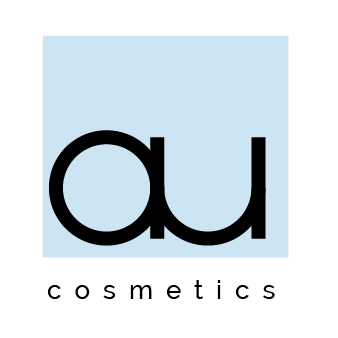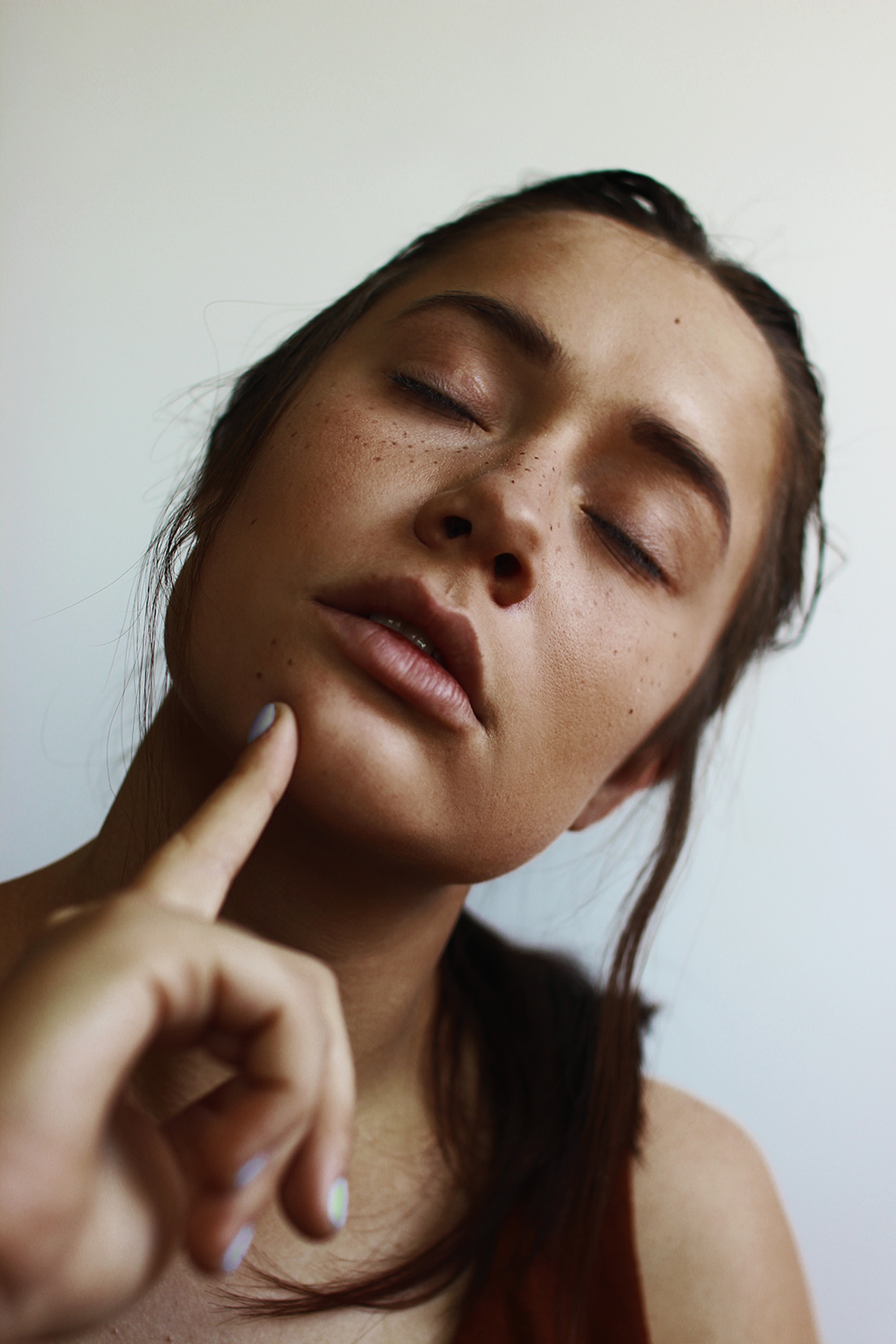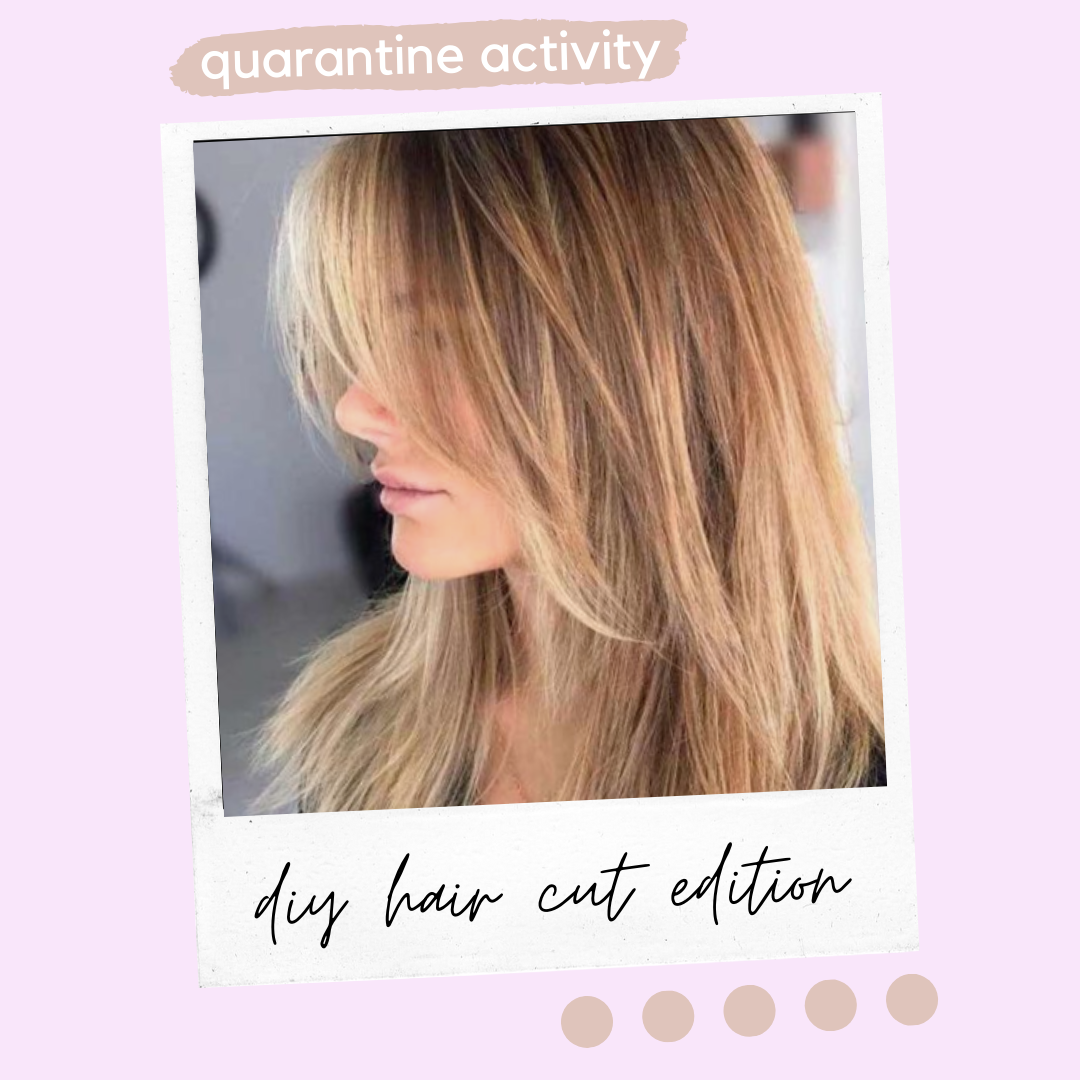Paraben-free shampoo, paraben-free deodorant, paraben-free moisturizer – it seems that everywhere we look, more and more products are throwing out this buzzword, without explaining why these compounds have such bad reputation in the beauty industry. What exactly are these compounds, and should we really be avoiding them?
The term paraben encompasses a variety of types, the most common being methylparaben, ethylparaben, propylparaben, butylparaben, and heptylparaben. They are synthetic esters of para-hydroxybenzoic acid, from which its name is derived. Although man-made, parabens mimic natural antibacterial chemicals found in plants.
They were first introduced into commercialized products in the 1950s to serve as a preservative. As water-soluble compounds, parabens act against bacterial and fungal growth in the water-continuous phase of the commercial product. Its ease of production and relatively low price makes it the most widely used preservative in the beauty industry, with approximately 85% of cosmetics containing them. Moreover, around 90% of grocery items contain some amount of parabens.
In the 1990s, parabens were discovered to mimic estrogen by binding to estrogen receptors. Considering that estrogen leads to greater cell division and growth, parabens were deemed a potential carcinogen. A 2004 British study further investigated the link between parabens and cancer and found that the chemical was present in 19 out of 20 samples of breast tumors. However, this study did not prove causality between parabens and breast cancer. Ultimately, it showed that parabens have the ability to penetrate the skin without the body’s metabolism affecting its presence in the tissues. This itself might be concerning for those who use multiple products containing parabens. Although the FDA has approved extremely low concentrations of parabens in individual formulations, most people use many products that contain parabens, and the compounded effects of exposure to various parabens have not been extensively studied. Despite the need for further research, there is currently no proven link between parabens and cancer. In addition, many scientists maintain that its estrogenic effects are weak enough to be no cause for concern. Another important consideration is the effect of these chemicals on the environment. Several studies have found parabens present in the bodies of marine mammals. These could potentially have adverse consequences on aquatic life.
It seems that going “paraben-free” might be the safer and more ethical option. However, use these products with caution. Often manufacturers replace parabens with other new preservatives, on which there is very little knowledge or research. An example of this risk is the replacement of parabens with methylisothiazolinone. Increased use of this compound led to greater skin sensitization and allergies, leading to the European Authorities banning methylisothiazolinone.
Other alternatives also have their drawbacks. Essential oils, vitamins, and herbs, which contain natural antimicrobial properties, can break down quickly, reducing the shelf life of the product. In addition, oils and extracts must be used in high concentration to counteract bacterial growth, which can be irritating. Sodium benzoate is another natural preservative derived from fruits and roots. It is effective against fungal and yeast growth, but fails to protect against bacteria. In addition, the combination of sodium benzoate and vitamin C, a common ingredient in skincare, can lead to the formation of benzene, a known carcinogen. Ethylhexylglycerin from grains and plants can also replace parabens; although, it has been linked to skin irritation.
It is important, then, not to blindly accept paraben-free products as superior to products that contain parabens. Keep in mind that parabens are used in very low concentrations, and currently there is no causality between parabens and cancer. If you choose to avoid parabens, do your research on what you are putting on your skin.



